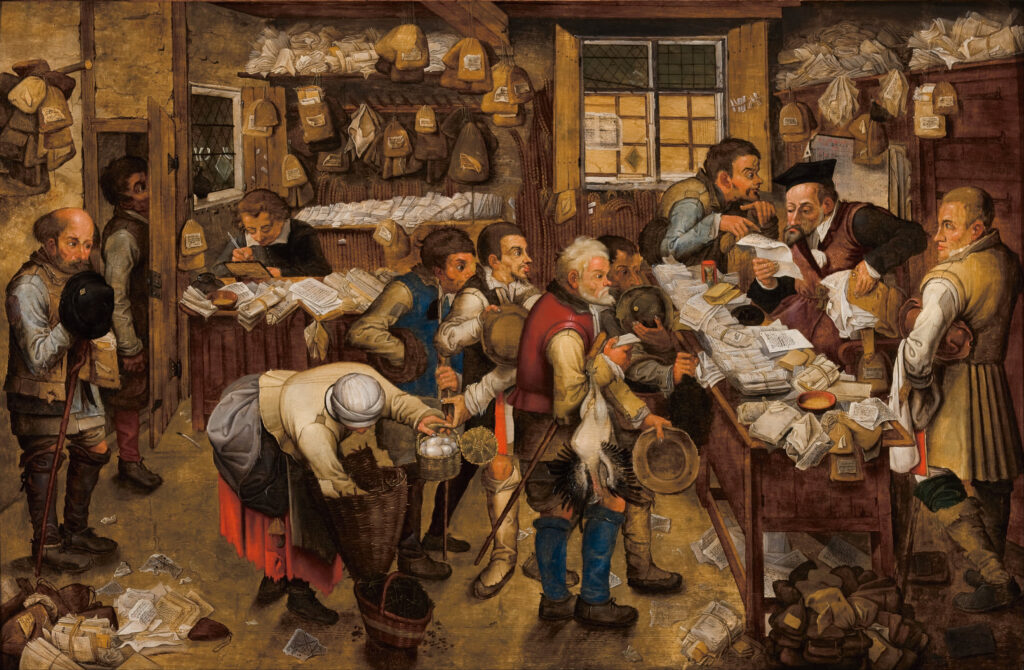Professionals and the People
This project deals with a paradox in urban legal history. Almost everything we know about medieval and early modern cities is made up of handwritten archival documents. They were created by urban administrative professionals such as the town secretary and clerks, who had access to all secrets and data about urban government and politics. However, we know very little about these crucial historical actors. What role did they really occupy in urban governance in this period? To what extent did they influence processes of law-making? Did their power and information position result in conflicts with the urban elite?

Over the late medieval and early modern period, cities in the Low Countries employed ever larger numbers of administrative officials, ranging from academically educated pensionaries to simple clerks. Whereas such officials have often been studied from the perspective of bureaucratisation or professionalisation, influenced by more or less normative approaches linked to the still influential ideas of Max Weber, there has been little attention for the broader impact of this crucial group on premodern law and governance. Historical research focusing on these middling groups of society, looking beyond the aristocratic elite of regents who occupied important offices as burgomasters and aldermen, has the potential to provide us with a new and better understanding of the creation and operation of legal and governmental practices in late medieval and early modern cities.
Through archival research in a number of important Dutch cities, utilising series of registers such as books of resolutions or the minutes of urban courts and other governmental institutions, this project seeks to improve our understanding of the political role and impact of the middle classes, both in their role of citizens, and as urban professionals.
